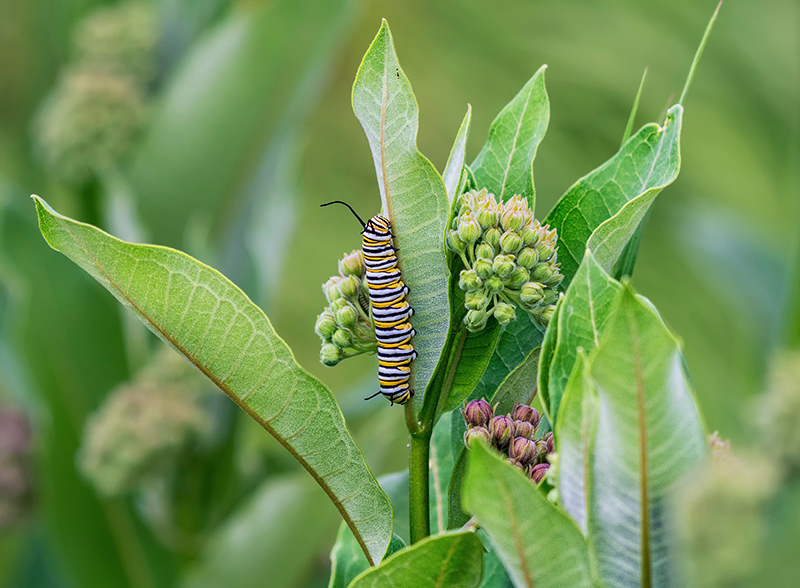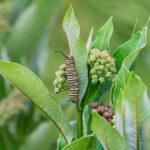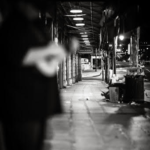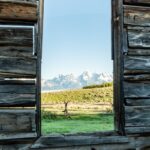IN THEIR OWN WORDS
Talking About Transformation
S. is a writer, climate justice activist, and grower of plants and children in the Hudson Valley of New York.
CDE asks: What does “transformation” mean to you?
S.: Transformation is a shift from one way of looking at the world to another. A transformational moment is one in which you find yourself really identifying with an action or a point of view you’d previously disagreed with, or maybe not even thought about. Perhaps it’s not a total change so much as a revealing—a shedding of one shell of identity to release a new layer.
CDE: What’s your story?
S.: When I was in my early 20s, I had a job at the American Museum of Natural History, working for an internship program geared toward NYC public high school students. One of my duties was to wade through a pile of 400 applications and start whittling them down to 100, which I was to hand to my boss who would whittle them down further to 50, of which we’d eventually offer internships to 25 students.
At first this seemed easy; some of the students handed in slick, typed applications with impeccable grammar, while others handed in pencil-written answers on notebook pages with misspelled words—as though they hadn’t even tried to do a good job. I started slicing and dicing through the pile! Easy.
But when my boss came in to see how I was doing, she started taking some of the applications out of the “bad” pile and putting them in the “good” pile. “Look at the story this one is telling,” she said. Or, “This student goes to XYZ school, which almost got shut down for bad performance.” This was my first transformation—I was kind of astounded at how obtuse I’d been—not even thinking about how some kids had computers at home, while others didn’t even have one to use at school. We reshuffled the pile to include students who didn’t necessarily have the cleanest, most professional applications.
When the kids came in for their interviews, I saw again how narrow my thinking had been. This was transformative for me as a young person—first, to see across a broad spectrum of schools how students in the same public system received such different levels of care, help and instruction. While meeting the kids, I also started to see the value of lived experience and non-academic types of intelligence. I learned quickly how GPAs and clean applications were just one piece of the whole, and in some cases meant very little as an assessment of a student’s ability, creativity or enthusiasm toward the internship.
This was just one type of transformation I experienced—it sharpened my scrutiny of institutions, it opened my narrow standards of “good” and “bad,” and most importantly, my perception of what it meant to “belong.” Who was making those decisions? It was transformational for me to see how I’d been trained to view achievement in a very specific way that equated privilege to worthiness.
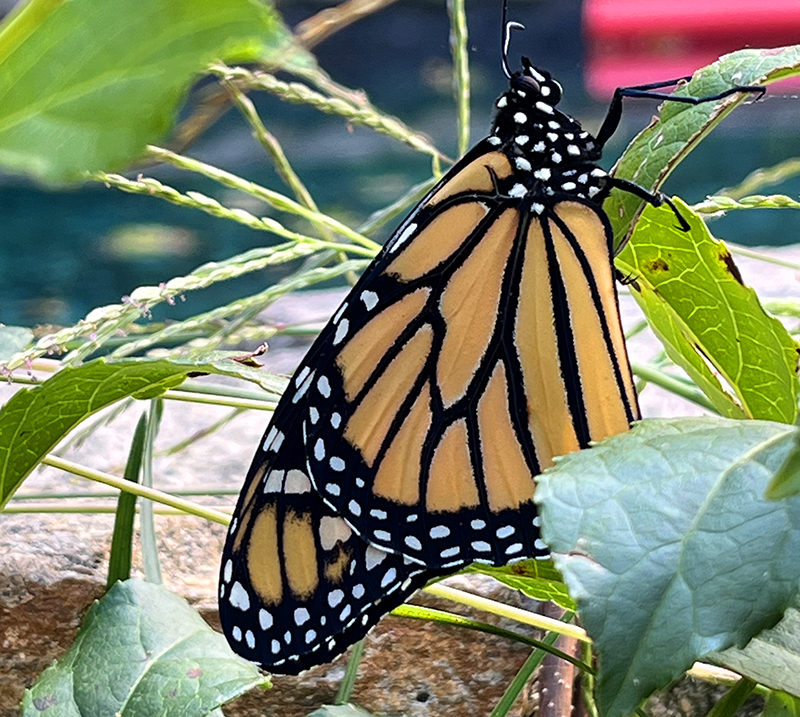
And more recently, I’ve experienced another transformation, this time—very surprisingly to me—around my identity as a Jew. I grew up with Jewish grandparents, and Jewish culture was very present in my house. But we didn’t belong to a synagogue, I wasn’t bat-mitzvah’d, I never went to Hebrew school.
My grandparents were born in the early 1900s, the children of Jewish immigrants, and they had a very strong identity and lived experience with the community, the religion and the culture. They had a narrative of “otherness” that was very real for them, although they were also part of the generation of Jews in the U.S. who eventually “became white.” So I inherited simultaneously the feelings of otherness and whiteness, and I saw people around me jumping from one side of that line to the other, although I’m not sure anyone identified it as such.
My actual experience in the world was one of privilege. I remember all the kids in my 6th grade class turning around to look at me during a history lesson on the Holocaust, but that was the extent of any “othering.” We lived in a very white area of southern Wisconsin, and I was the only Jewish kid they’d ever met! But after that one uncomfortable moment, I got to hide back inside the comforts of whiteness. I grew up aware of my Jewish identity, but “whiteness” was not a concept I recognized until later in life. I had the privilege of not having to think much about either identity.
But now, the transformation—just recently, now in my 40s, my grandparents long passed away, I’ve been surprised to feel my Jewish identity reemerging, stronger than ever. I was always taught that Jewishness was a religion and a culture—more a way of being than a set of proscribed beliefs. I now see claims of antisemitism being weaponized and used by avowed white supremacists (claiming to be protectors of the Jews) as an excuse for threatening, oppressing and committing violence against other people, as a shield behind which they can silence institutions of higher learning. Some in this group are Jews themselves, wearing the mantle of devout observance as a shield against any kind of dissent.
Ironically, it’s this group—the one claiming I don’t belong—that has awakened my Jewish identity. I now feel a duty to embrace the culture and history that is my own, even if it feels unfamiliar. To relinquish it is to give in to white supremacy—either via an erasure of identity or by accepting the fallacy that Jewish people are a monolith—that we all think and act the same.
So this has been my latest transformation: resurrecting and reclaiming a culture and identity I’d spent a lifetime somewhat ignoring, as a way to preserve the memory of my grandparents, to connect more deeply to all people, and to stand up for justice.

